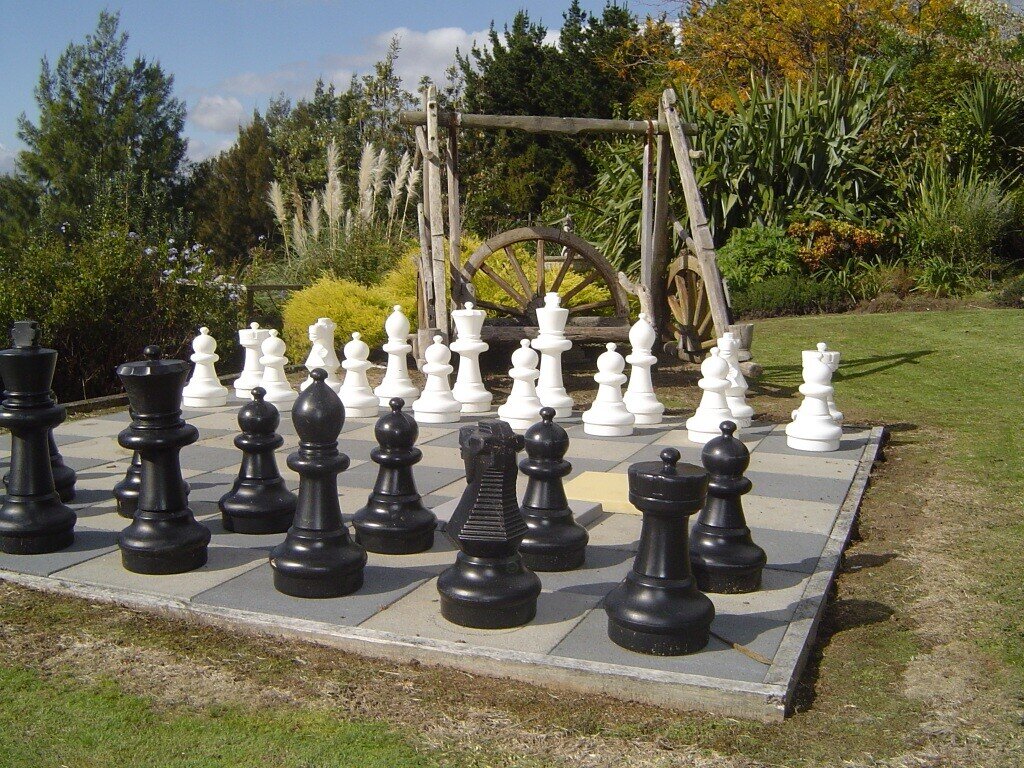Why kids should play chess
There are lots of good reasons why chess should be taught at schools.
Chess teaches you to have a goal and overcome the obstacles on your way there. Learning chess helps develop thinking skills, enhancing mental prowess and directly contributes to academic performance and makes people smarter in a variety of ways, like:
- Chess dramatically improves the ability to think rationally
- Chess helps develop patience and thoughtfulness
- Chess improves communication skills and aptitude in recognizing patterns
- Chess results in higher grades, especially in English and Math studies
- Chess makes people be more focused by teaching the benefits of careful observation and concentration
- Chess stimulates visualizing – players are prompted to imagine a sequence of actions before they happen
- Chess builds a sense of team spirit, while emphasizing the ability of the individual
- Chess teaches the value of hard work, concentration and commitment
- Chess instills a sense of self-confidence and self-worth
- Chess makes a person realize responsibility for own actions and acceptance of the consequences
- Chess develops the thinking ahead abilities – players have to think first and only then act”
Dude, this isn’t just another one of those board games. No chess game ever repeats itself that means you create more and more new ideas each game. It never gets boring. You always have so much to look forward to. Every game you are the General of an army and you alone decide the destiny of your soldiers. You can sacrifice them, trade them, pin them, lose them, defend them, or order them to break through any barriers and surround the enemy king. You’ve got the power!” – quoted by an “unknown teenager!”

It's Your Move...
Why you should play chess
- Chess is a game for people of all ages. You can learn to play at any age and in chess, unlike in many other sports, you don’t ever have to retire. Age is also not a factor when you’re looking for an opponent- young can play old and old can play young.
- Chess develops memory. The chess theory is complicated and many players memorize different opening variations. You will also learn to recognize various patterns and remember lengthy variations.
- Chess improves concentration. During the game you are focused on only one main goal- to checkmate and become the victor.
- Chess develops logical thinking. Chess requires some understanding of logical strategy. For example you will know that it is important to bring your pieces out into the game at the beginning, to keep your king safe at all times, not to make big weaknesses in your position and not to blunder your pieces away for free. ( Mistakes are inevitable and chess, like life, is a never-ending learning process.)
- Chess develops imagination and creativity. It encourages you to be inventive.
- Chess teaches independence. You are forced to make important decisions influenced only by your own judgment.
- Chess develops the capability to predict and foresee consequences of actions. It teaches you to look both ways before crossing the street.
- Chess inspires self-motivation. It encourages the search of the best move, the best plan. It encourages the everlasting aim towards progress, always steering to ignite the flame of victory.
- Chess shows that success rewards hard work. The more you practice, the better you’ll become. You should be ready to lose and learn from your mistakes. One of the greatest players ever, Capablanca said, “You may learn much more from a game you lose than from a game you win. You will have to lose hundreds of games before becoming a good player.”
- Chess improves schoolwork and grades. Numerous studies have proven that kids obtain a higher reading level, math level and a greater learning ability overall as a result of playing chess. For all those reasons mentioned above and more, kids who play chess do better at school and therefore have a better chance to succeed in life.
- Chess is fun.
